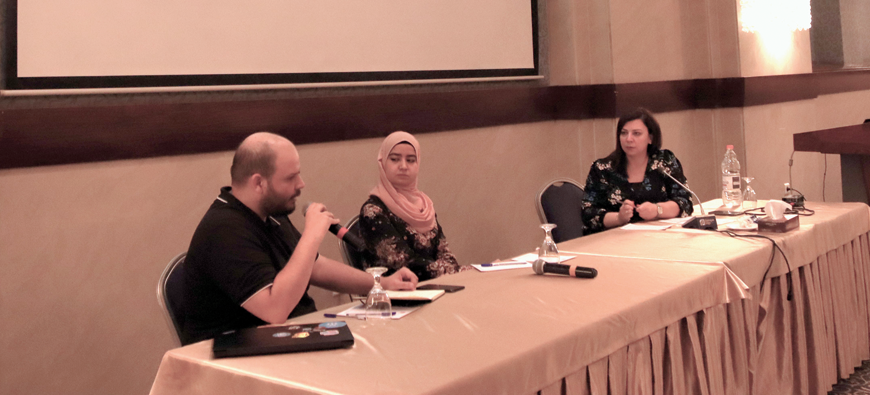You are here
Social media turns breeding ground for disinformation, say experts
By Rayya Al Muheisen - Dec 20,2022 - Last updated at Dec 20,2022

Representative image (Photo courtesy of unsplash)
AMMAN — Although the vast majority of Jordanians rely on social media as their primary source of news, recent tensions in the country have proven that social media can also be a source of misinformation, according to experts.
Many groundless videos and rumours have been circulating online for the past three days, with posts of old and fabricated videos as well as videos from outside the Kingdom being presented as film from recent events.
The authorities have debunked these videos and urged Jordanians to exercise caution to ensure that the information comes from reliable and official sources.
Meanwhile, the Public Security Directorate (PSD) issued a statement announcing that the Cybercrimes Unit is currently monitoring all videos and posts circulating online.
“Anyone who uses the Internet to post, circulate, or spread fake news, rumours or misleading information will face penalties,” the statement said.
Meanwhile, social media expert Bayan Odeh told The Jordan Times that the main issue of social media is that it provides “fertile ground” for spreading unverified claims, which can worsen an already dangerous situation.
“Although social media has improved information flows, outreach and mobilisation, it left us with a surveillance, misinformation and disinformation crisis,” Odeh said.
Odeh added that social media is not an ideal vessel for detailed or complex messages, as it is unpredictable and prone to sparking controversies, especially in light of crises.
Additionally, its interactive nature makes it more difficult for organisations to control their message and keep it from being misinterpreted or deformed, Odeh said.
It’s worth mentioning that the majority of Jordanians rely on social media platforms — especially Facebook — as their primary source of news, according to a study conducted by the Jordan Media Institute.
According to the study, “45.6 per cent of Jordanians rely on social media as their primary source of news”.
However, the study found that social media platforms are the least trusted and credible source for reliable news.
The authorities are increasingly monitoring and scrutinising social media platforms, including a “temporary ban” on TikTok imposed by the PSD.
“Social media platforms are full of rumours that often circulate widely within a short time,” social media expert Ayah Kilani told The Jordan Times.
Social media makes it easy to not only initiate, but to spread rumours quickly and with little effort, Kilani said.
“The problem with rumours on social media is that they are presented as facts,” Kilani added.
When tension occurs, people are urged to seek credible, reliable and non-biased news sources.
“Official media channels are way more credible than social media,” Kilani said.
Related Articles
AMMAN — The Jordanian Media Credibility Monitor (Akeed) documented 106 rumours circulating in November across local and international media
AMMAN — During the first 15 days of April, 35 rumours that misled public opinion were detected in the Kingdom, according to the Jordanian Me
AMMAN — A unified digital government platform to foster community-based electronic participation in government-related processes is se

















